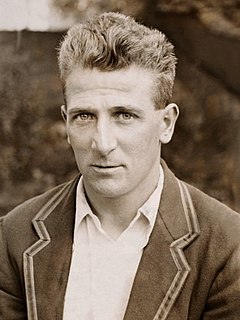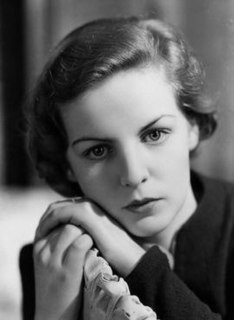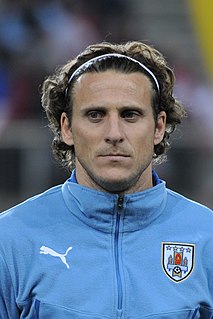A Quote by Sheila Heti
As a journalist, you don't tend to interview people with a view to becoming their friend. You can't expect that. It's not professional.
Quote Topics
Related Quotes
I decided to do philosophy at university, with a view to becoming a professional philosopher. Being a rather unstable character, at some points I had doubts about becoming a professional philosopher, but the example of two of my teachers, Ezequiel de Olaso and Juan Rodriguez Larreta, made me confirm my original decision.
Being an American journalist can put people on the defensive. In countries where people assume the press is partisan, like in Lebanon, or where it had essentially become an extension of the government, like in Iraq, people tend to see a journalist as an agent of his or her government. That can be dangerous if the United States military is occupying their country, or aligned with their enemies.
It's interesting - a lot of what you accomplish in your lifetime either as an individual or as a company is determined by other people. I mean, you can do interview after interview and defend a point of view, but more often than not, the collective kind of opinion will be the one viewed historically and taken as gospel.
I was spurred by the fact that having worked for women's magazines myself as a journalist, if you go off and interview a female celebrity, I'd just go in and interview them like I'd interview any human being and talk about the things that interested me. And you'd come back, and you'd file your copy. And then my editor would read through my copy and go, why haven't you asked them if they want kids? And I'd be like, well, I don't know, I interviewed Aerosmith last week. And I didn't ask them that.






































